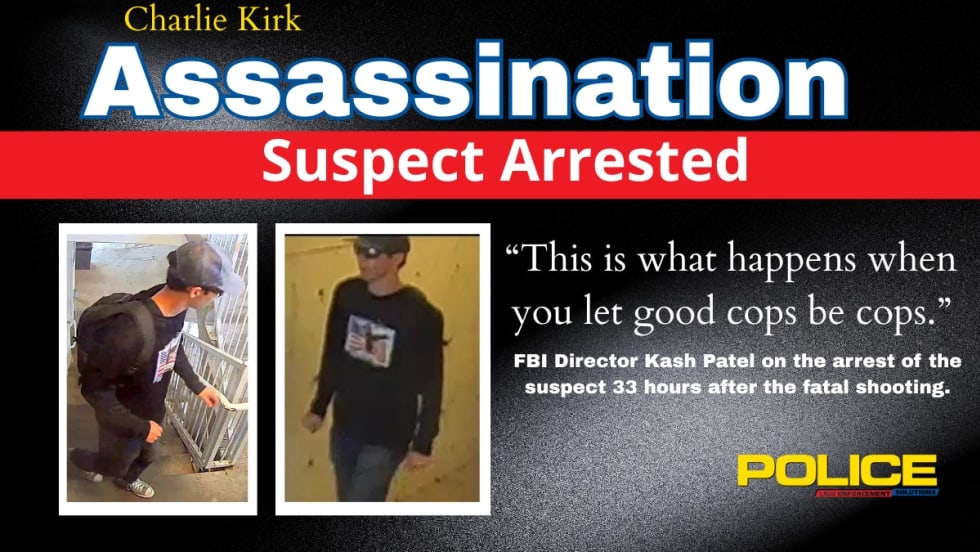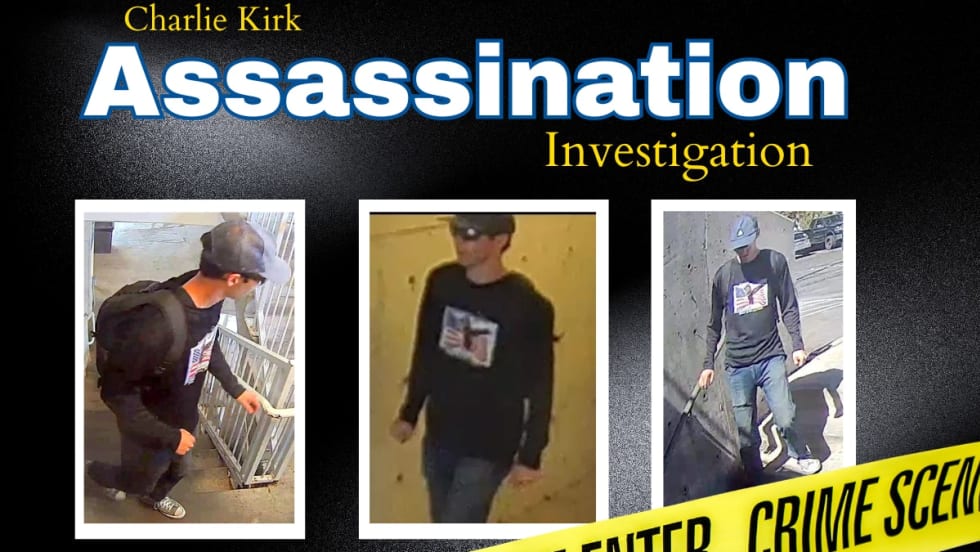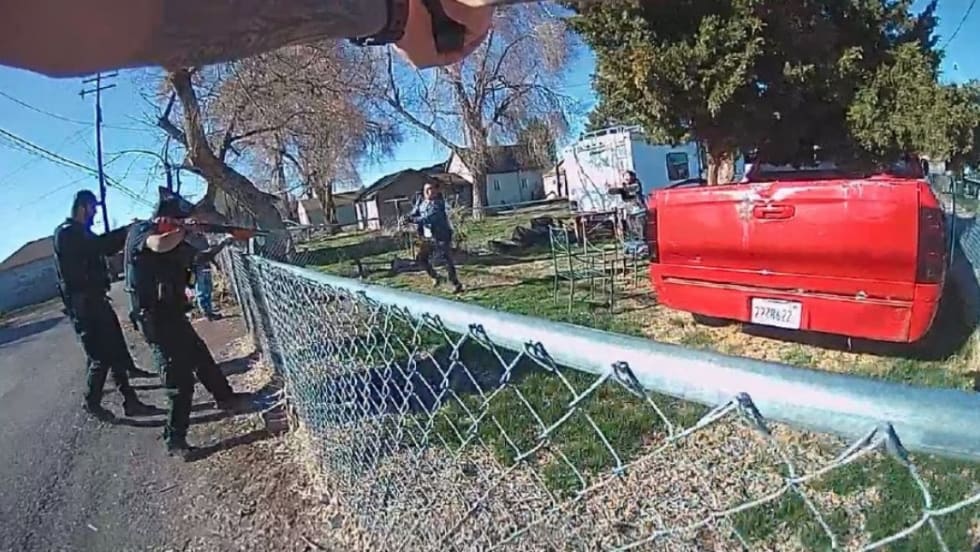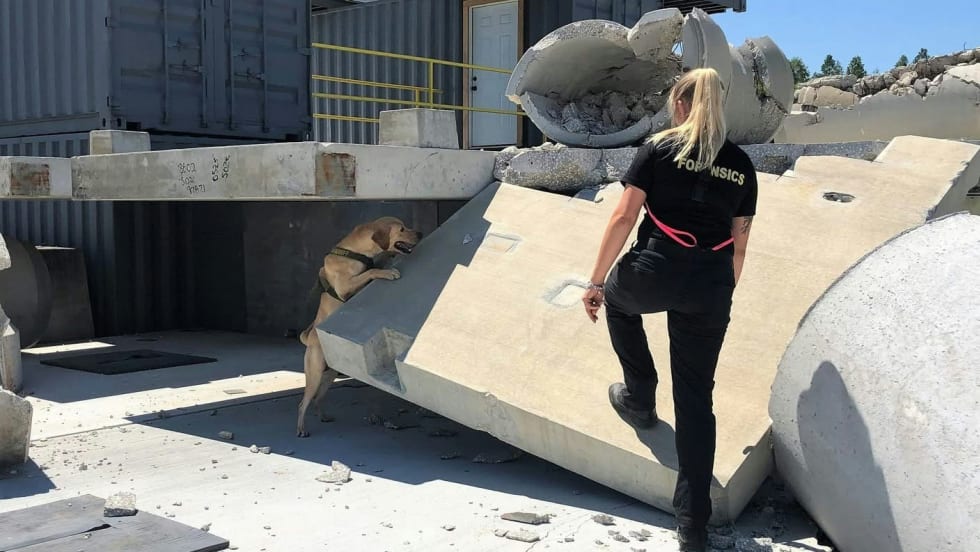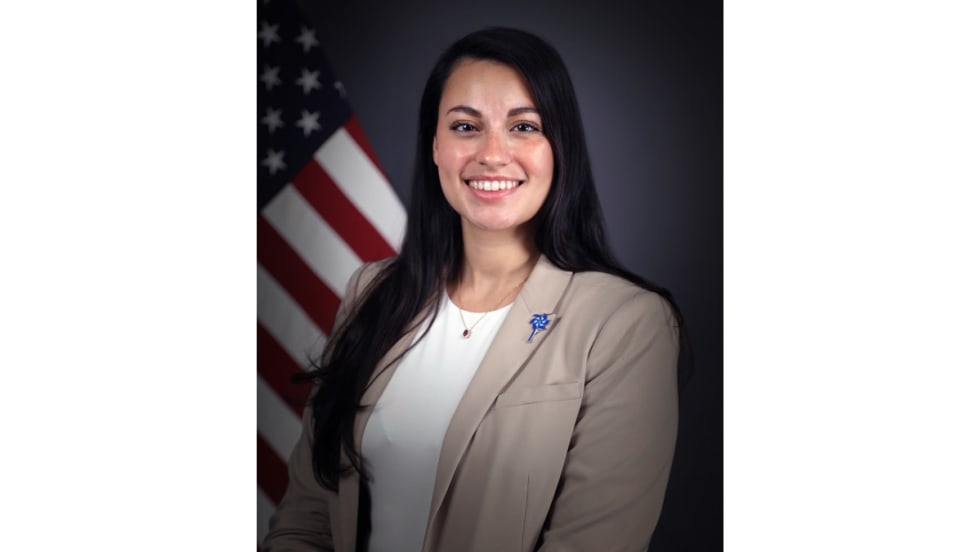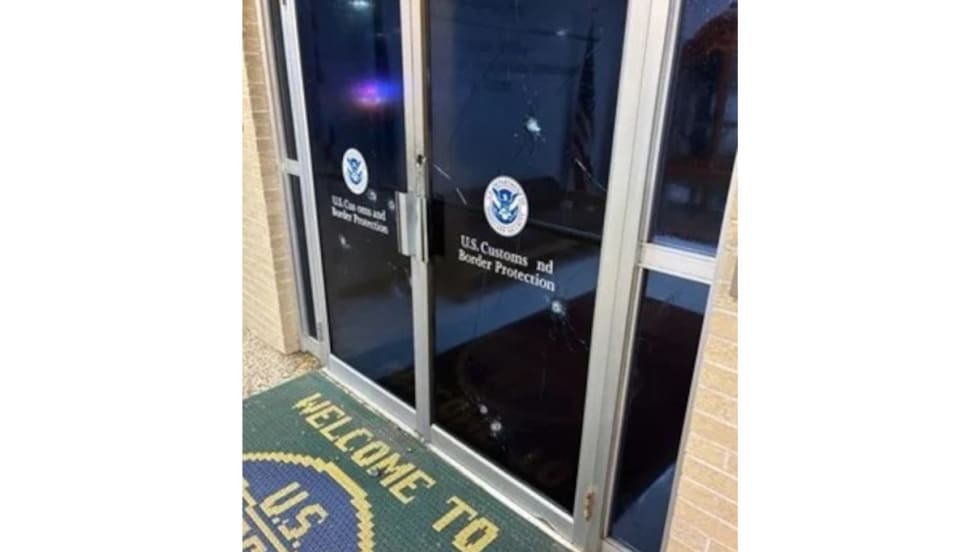Despite no show of public support, the state Senate Public Safety Committee on Tuesday passed a bill that would require law enforcement agencies in California to disclose all of the surveillance equipment they use to the public, reports the Los Angeles Times.
Under the legislation by state Sen. Jerry Hill (D-San Mateo), police and sheriff's departments would have to submit a plan to local officials — and present it at an open hearing — on what surveillance technology they employ and how, including facial recognition software, drones, and social media monitors.
The bill moved out of the public safety committee with a 4-2 vote. It now heads to the state Senate Judiciary Committee for review. But with no witnesses speaking in support, its first hearing Tuesday underscored the balance lawmakers will have to strike between transparency and public safety.
"I think we are all on the same page," Hill told the committee. "We want to be able to protect our civil liberties, defend and protect our Constitution and make sure law enforcement will have the tools available that will enable them to fight crime in our communities. We just have to find that [right] spot."
The bill is predicated on two laws that went into effect last year. One requires agencies to draft and publicly post privacy and usage policies if they operate automated license-plate recognition software. Another ordered the same for devices often called “Stingrays” or “Dirtboxes,” which simulate cellphone towers and cast a broad dragnet over communications.
Hill drafted the legislation in an attempt to cover all future surveillance technologies in a quickly evolving field. New amendments expected will expand its provisions to other investigative units, such as those under district attorney offices and the state Department of Justice.
But law enforcement association lobbyists on Tuesday said it went too far, giving criminals a roadmap to police agencies' crime-fighting technology. Privacy groups argued it did not go far enough to protect civil liberties and could undermine local efforts to draft their own guidelines.


